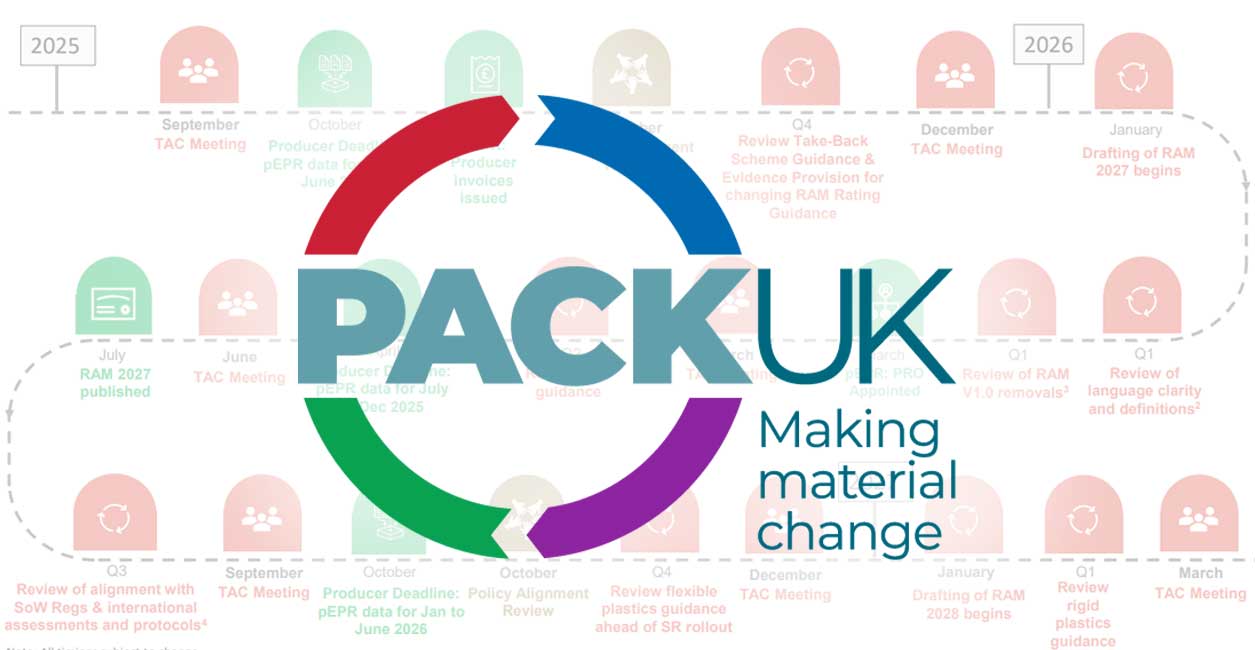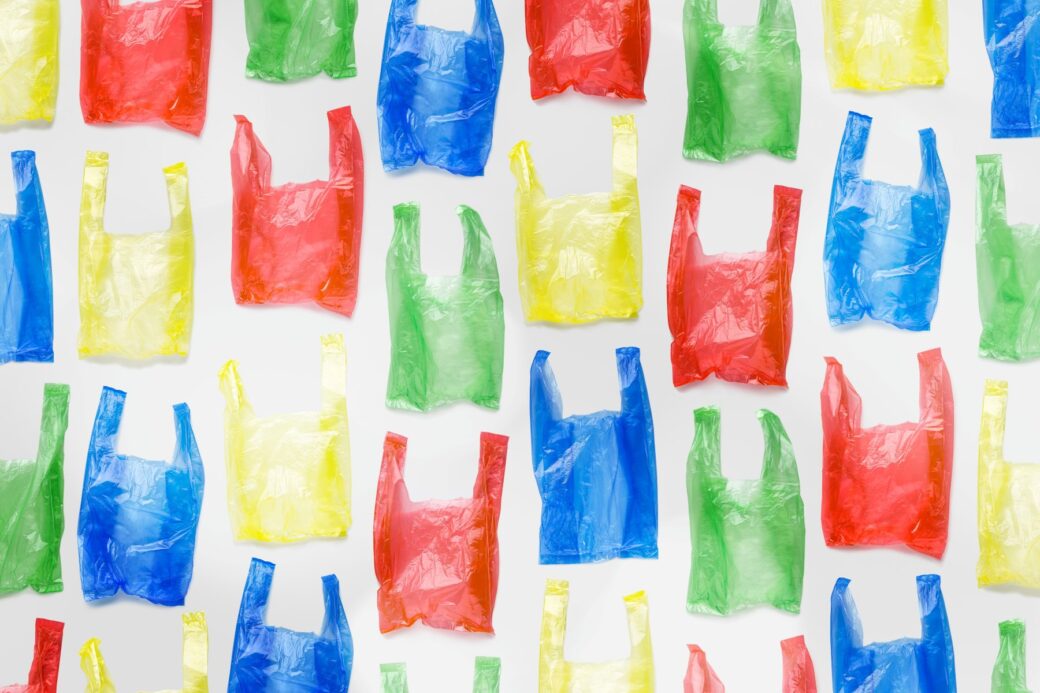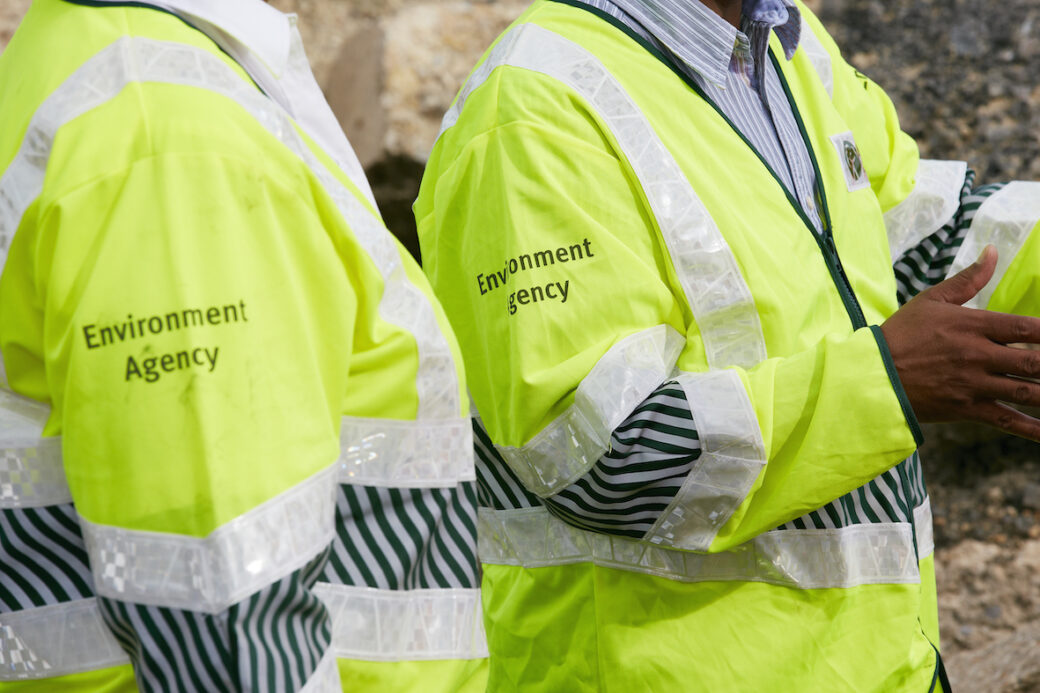PackUK has released the Recyclability Assessment Methodology (RAM) Roadmap, which sets out how RAM will evolve from 2025 to 2030, in parallel with packaging Extended Producer Responsibility (pEPR) obligations. It includes scheduled reviews, technical updates, and alignment with wider UK and international recycling regulations.
Defra’s publication of this roadmap underlines its commitment to RAM reporting under pEPR and the modulated fees associated with it. Whilst producers were given the opportunity to defer their reporting under RPS from H1 October 2025 to March 2026, the message in the roadmap is that RAM is here to stay. Producers need to gain RAG ratings for their materials or face penalties.




